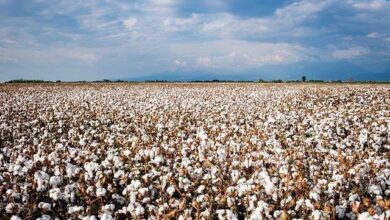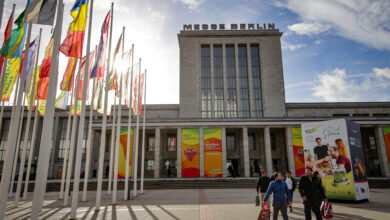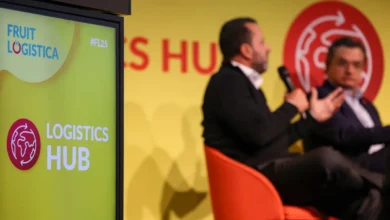Date Harvest in Full Swing at Kibbutz Kalya

Photos: Gilad Verber
The date harvest season is in full swing, and at Kibbutz Kalya, located in the northern Dead Sea region, there is particularly intense harvesting activity, especially in the palm groves. With 1,500 dunams of plantations and 18,000 date trees, Kalya is considered one of the largest kibbutzim cultivating dates. It benefits from a unique climate, much like the rest of the Arava-Bik’a (Jordan Valley) area, which is particularly suitable for date farming.
Kalya cultivates three main varieties of dates: Medjool (which accounts for 85% of the plantations), Barhi, and Deglet Noor. The Medjool variety is highly sought after worldwide, making it the most valuable of the harvest. As a result, most of Kalya’s date crop is designated for export.

The people of Kalya proudly share: “This year’s date harvest was a resounding success. Overall, we will sell 1,500 tons of high-quality dates, with an average cargo per tree. The dedicated staff of Kalya’s plantations continues to make the desert bloom, contributing significantly to local agriculture and fostering growth in the region.”
In addition to the high standards of agricultural production, the unique environment of the Dead Sea region, with its rich mineral content and sun-soaked days, plays a vital role in cultivating the prized Medjool dates. Kibbutz Kalya not only prides itself on its historical success in making the desert flourish but also on being at the forefront of sustainable agriculture, utilizing modern farming techniques to ensure that both the land and the crops continue to thrive. Their commitment to the land goes beyond economic gain—it’s about preserving the natural beauty of the region, supporting biodiversity, and contributing to a better future for the local community and global consumers alike.




